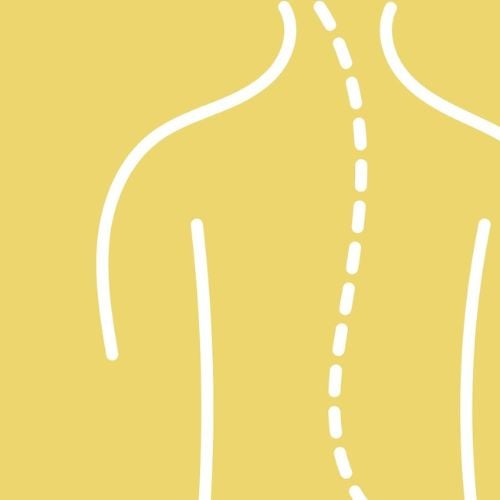
Our gut and brain are closely connected via the longest nerve in our body, the vagus nerve. The vagus nerve runs from the base of the brain down into the abdomen, touching almost every major organ along the way.
As the main channel of communication between the gut and the brain, the vagus nerve significantly impacts physical and mental health. In fact, many neurological disorders (epilepsy, Parkinson's disease, migraines, and multiple sclerosis) manifest in the gastrointestinal tract with symptoms such as diarrhea, indigestion, and constipation.
How well the vagus nerve functions, that is, how well the brain and gut communicate with each other, can affect anxiety, weight gain, heart rate, digestion, and more. Unfortunately, factors such as stress, certain medications, inflammation, infection, and disease can lead to poor vagus function and significant health complications. “Bad” bacteria can overgrow the gut, leading to anxiety and depression, joint and muscle pain, nausea and/or vomiting, abdominal pain, psychosis, dizziness, fatigue, insomnia, headaches, and weight gain.
To achieve optimal wellness, it is essential that the vagus nerve function effectively. Here are some tips for stimulating the vagus nerve:
- Deep Breathing.

Deep breathing is one of the easiest and most effective ways to stimulate the vagus nerve. When you exhale longer than you inhale, your parasympathetic nervous system is activated.
- Meditate.

Studies show that meditation has a positive effect on vagal tone and can improve sleep, anxiety, appetite, pain, and bowel function. - Exercise.

Studies also show that moderate exercise, such as yoga, stimulates the vagus nerve and can increase gastric motility. - Maintain a healthy weight.
Obesity can cause problems with the vagus nerve and prevent effective brain-gut communication.
communication. - Cool down.
Exposure to cold activates the vagus nerve. Take a walk when it's cold outside, or finish a hot shower with a minute of cold water. - Refrain from sugar.

Sugar can cause chronic inflammation throughout the body. This can disrupt the cellular feedback loop between the gut and the brain. - Take a probiotic.
Microorganisms from probiotics can stimulate the vagus nerve and promote
a healthy gut.
gut. - Consume tryptophan.
Tryptophan, found in spinach, bananas, nuts, and seeds, helps cells in the brain and spinal cord control inflammation, improving communication along the vagus pathway.
- Try intermittent fasting.
Intermittent fasting, among other effects such as weight loss and reducing inflammation, can activate the vagus nerve.
- Staying regular.
Daily elimination prevents inflammatory foods from lodging in the colon. Eating 25 grams of fiber daily can help you do this.

